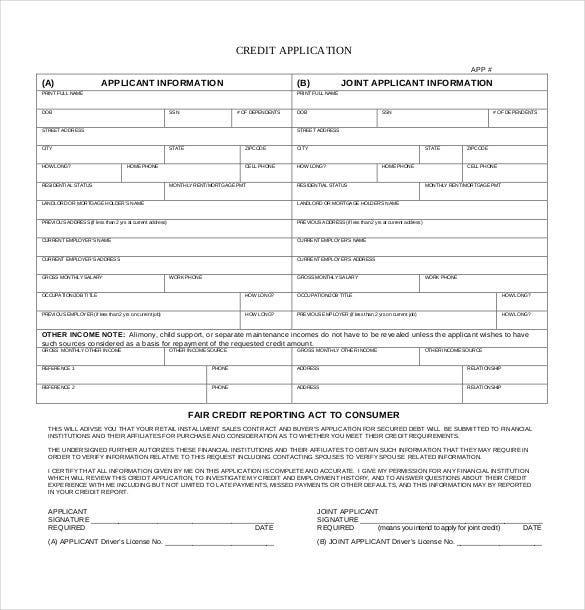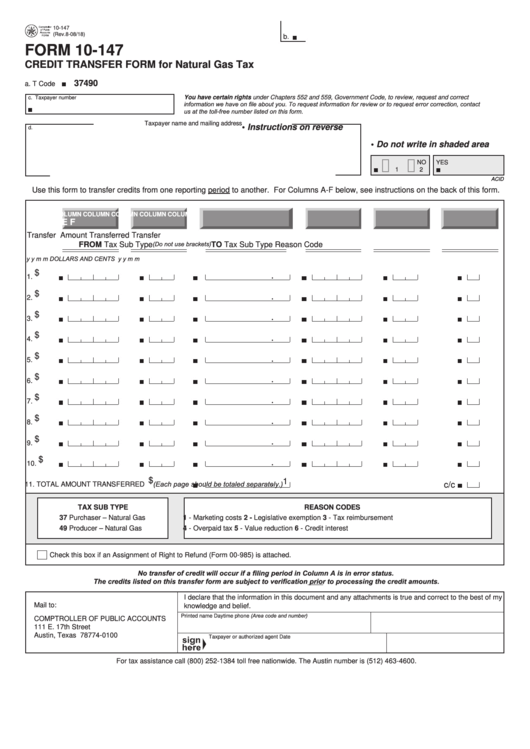Jmu Transfer Credit Form – If there’s a nagging doubt about the process of transferring or have questions about the process, you can use to the transfer credit acquired form, or the TCAF. There could be a course which you did not finish or didn’t earn a grade for or perhaps you’re wondering whether you could utilize it towards your degree. It’s good news that you can. It is generally accepted that courses with the grade of C or better will not require material review. However, be aware those courses that do not transfer into a specific U.M. program can be considered departmental credit. If it’s not departmental credit, you aren’t eligible to transfer it onto a U-M course . You may have a hard time meeting the requirements of your degree.
Coursework must earn a grade equivalent to a C – or better
For your courses to be transferable to another institution, they must have been awarded an average of C or better. In order to be eligible for transfer credit, they must have been completed at an accredited institution like The Higher Learning Commission or the Middle States Association of Colleges and Schools (MASAC). International programs are assessed by an individual. Official transcripts are required to be sent with the CCS. Your previous institution should also accept the courses.
If you wish to transfer credits to your previous institution, the courses you have taken at a foreign institution must be graded with a of C or better. Pass or Satisfactory grades aren’t transferable, nor is colleges algebra, developmental courses or technical and career courses. However the policy has been altered during the COVID-19 epidemic, and any courses completed prior to that will be accepted.
For credit transfer, courses taught at institutions accredited by regional accreditation must have earned a grade with a grade of “C” or better in the previous institution. To be able to transfer credits they must be similar in terms of scope and content. While a C is the minimum for credit that is transferable however, some institutions allow degrees of “D” or higher. Accreditation bodies include the Middle States Association of Colleges and Schools as well as the New England Association of Schools and Colleges and the Northwest Association of Schools and Colleges as well as the Southern Association of School and Colleges.
TCEL lists courses that have transferred to Clemson prior to. This is not an exhaustive listing, and any courses not mentioned in this list will have to be evaluated when you apply to Clemson. The TCEL listing also lists similar courses, but the list is not a reflection of the differences in the amount of credits awarded between institutions. While the TCEL lists courses that are comparable to courses at other institutions but the Office of Admissions’ evaluations are based upon current information.
While your previous course work might be acceptable in some cases, it is important to examine its academic implications. If you’re unable to complete the mandatory course work take into consideration retaking the course. Insure that you score at the very least a “C” in the course and you have met any conditions to be met by the school. If you take a course more than three times can affect your GPA cumulatively and you should be cautious when making a decision to repeat it.





